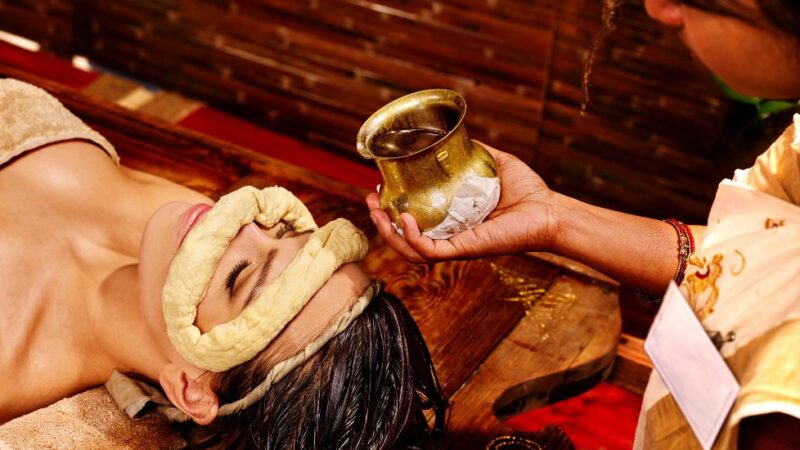Finding a Nephrologist ‘Near Me’ in Kuala Lumpur Malaysia

Kidney health is vital to overall well-being, yet chronic kidney disease (CKD) affects nearly 15% of Malaysians, according to the National Health and Morbidity Survey. If you’re searching for a nephrologist ‘near me’ in Kuala Lumpur, Malaysia this guide will help you navigate your options, understand costs, and make informed decisions about kidney care.
Why Choose a Local Nephrologist in Kuala Lumpur?
Nephrologists specialize in diagnosing and treating kidney-related conditions, including CKD, kidney stones, and hypertension. Opting for a specialist nearby offers unique advantages:
- Convenience: Regular check-ups and dialysis require frequent visits. Proximity reduces travel stress.
- Familiarity with Local Health Trends: Kuala Lumpur’s urban lifestyle (high-salt diets, diabetes prevalence) increases kidney disease risks. Local nephrologists tailor treatments to these challenges.
- Emergency Access: Acute kidney injury or complications demand immediate care.
How to Find a Nephrologist Near You in Kuala Lumpur
1. Explore Top Hospitals with Nephrology Departments
Kuala Lumpur boasts world-class hospitals with renowned kidney specialists:
- Hospital Kuala Lumpur (HKL): The largest government hospital, offering subsidized care. Nephrology Unit handles complex cases like glomerulonephritis.
- Sunway Medical Centre: A private hospital with advanced dialysis units and transplant programs.
- Prince Court Medical Centre: JCI-accredited facility known for personalized care and cutting-edge treatments.
- KPJ Tawakkal KL: Specializes in diabetic kidney disease and hypertension management.
2. Use Online Directories and Apps
- MyHealth Portal (Ministry of Health): Lists nephrologists in public hospitals.
- BookDoc: A healthtech app filtering specialists by location, insurance, and language.
- Hospital Websites: Private hospitals like Gleneagles Kuala Lumpur provide profiles of their nephrology team.
3. Seek Referrals
- Ask your GP or internal medicine specialist for recommendations.
- Join support groups like the National Kidney Foundation of Malaysia (NKF) for patient testimonials.
What to Consider When Choosing a Nephrologist
- Credentials: Verify registration with the National Specialist Register (NSR) and membership in the Malaysian Society of Nephrology (MSN).
- Experience: Look for specialists in subfields like pediatric nephrology or transplant care.
- Language: Many nephrologists speak English, Malay, Mandarin, or Tamil.
- Insurance Compatibility: Confirm if the hospital accepts your insurance (e.g., AIA, Prudential).
Cost of Nephrology Services in Kuala Lumpur
| Service | Public Hospital (HKL) | Private Hospital (Sunway) |
|---|---|---|
| Consultation | RM10–RM30 | RM150–RM300 |
| Hemodialysis (per session) | RM50–RM100 | RM300–RM600 |
| Kidney Biopsy | RM500–RM1,000 | RM3,000–RM5,000 |
Financial Aid:
- Government subsidies for B40 groups via PeKa B40.
- NKF provides subsidized dialysis for low-income patients.
Telemedicine: A Convenient Alternative
For follow-ups or mild CKD management, platforms like DoctorOnCall or DOC2US offer virtual consultations (RM50–RM150). They can adjust medications or refer you for lab tests.
10 FAQs About Nephrologists in Kuala Lumpur
1. How do I verify a nephrologist’s qualifications?
Check the NSR website or the Malaysian Medical Council (MMC) registry. Hospitals like Prince Court also display doctor credentials online.
2. Are there 24/7 dialysis centers in KL?
Yes. NKF Dialysis Centres and private chains like Fresenius Kidney Care offer round-the-clock services.
3. What’s the difference between a nephrologist and a urologist?
Nephrologists treat kidney function issues (e.g., CKD). Urologists address structural problems (e.g., kidney stones, tumors).
4. Can expats access public hospitals?
Yes, but fees are higher than for citizens. Private hospitals like ParkCity Medical Centre cater to expat communities.
5. How long is the wait time for a kidney transplant?
In public hospitals, waits average 5–7 years due to donor shortages. Private hospitals expedite living donor transplants (cost: RM100,000–RM200,000).
6. What lifestyle or dietary changes might a nephrologist recommend for kidney disease?
A nephrologist often advises limiting salt, processed foods, and protein intake to reduce kidney strain. For advanced CKD, they may recommend avoiding high-potassium foods (e.g., bananas, potatoes) and phosphorus-rich items (e.g., dairy, processed meats). They might also refer you to a renal dietitian at hospitals like Sunway Medical Centre or Hospital Kuala Lumpur for personalized meal plans.
7. Are there pediatric nephrologists in Kuala Lumpur for children with kidney issues?
Yes. Hospitals like KL Children’s Hospital (under HKL) and Pantai Hospital Kuala Lumpur have pediatric nephrologists treating congenital kidney defects, nephrotic syndrome, and urinary tract abnormalities. Specialists like Dr. Lim Yam Ngo (Sunway Medical Centre) are renowned for pediatric kidney care.
8. Can I get a second opinion from another nephrologist in the same city?
Absolutely. Many patients seek second opinions, especially for complex cases like rare glomerular diseases. Private hospitals like Prince Court Medical Centre or Gleneagles Kuala Lumpur facilitate referrals. Bring all medical records, lab results, and imaging reports for a comprehensive review.
9. How does insurance coverage work for chronic kidney disease treatment?
Most insurance plans cover consultations, dialysis, and medications, but pre-existing conditions may have waiting periods. For example, AIA Malaysia and Prudential offer riders for chronic illness management. Confirm coverage limits for procedures like kidney transplants, which can cost RM100,000+ in private hospitals.
10. What are the early signs that I should see a nephrologist?
Symptoms like persistent fatigue, swollen ankles/eyes (edema), foamy urine (proteinuria), high blood pressure, or frequent urination at night warrant a nephrology consult. Early detection of conditions like diabetic nephropathy can prevent progression to kidney failure. Free screenings are often available through NKF Malaysia or government health campaigns.
Conclusion
Finding a nephrologist “near me” in Kuala Lumpur is manageable with the city’s robust healthcare infrastructure. Whether opting for affordable public care or premium private services, prioritize credentials, accessibility, and patient reviews. Early intervention can slow kidney disease progression, so don’t delay—schedule a consultation today.
By leveraging local resources and staying informed, you can ensure your kidneys receive the expert care they deserve.



